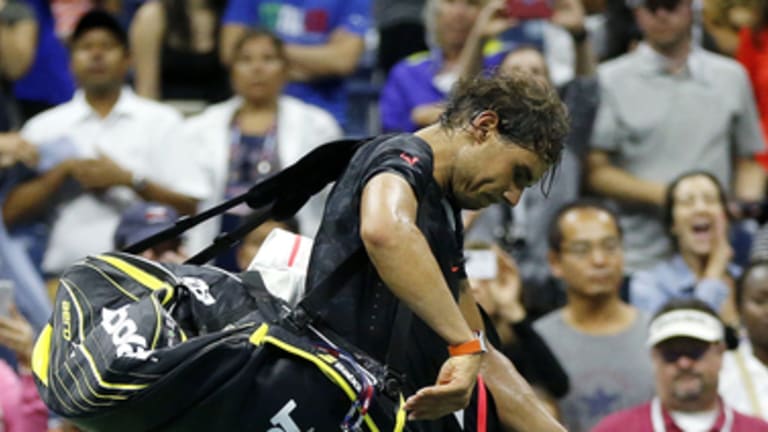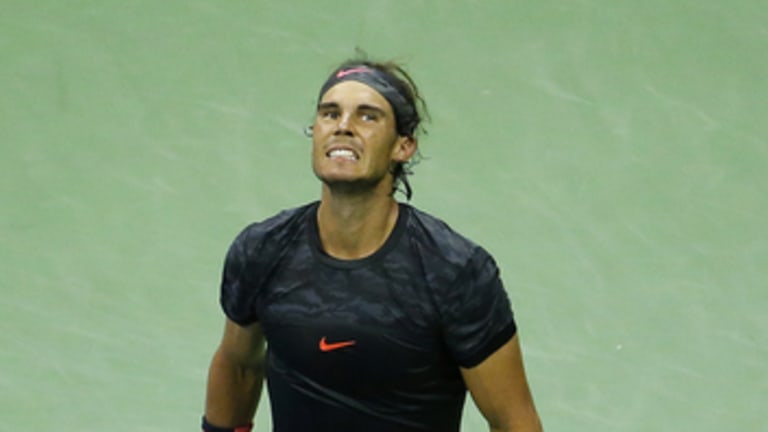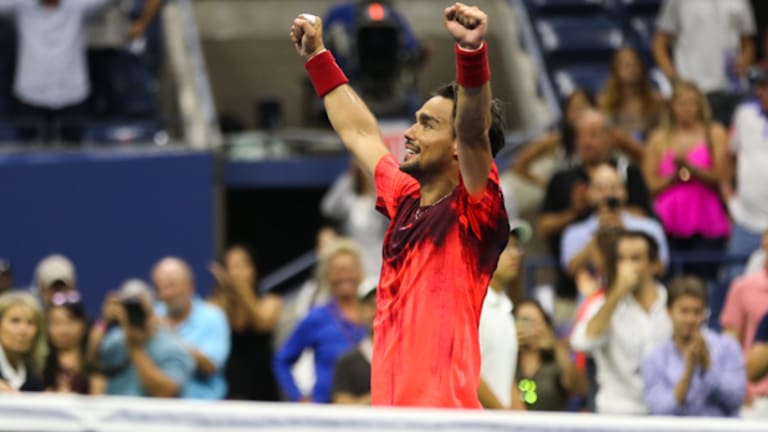NEW YORK—Ten years ago at what was then called the Nasdaq-100 Open, an 18-year-old Spaniard named Rafael Nadal made his debut to the U.S. tennis viewing audience. This was a time before networks like Tennis Channel and websites like ESPN3 made nearly every tournament, no matter how obscure or far away, easily accessible to fans. Until CBS broadcast that year’s final from the Miami Masters, Nadal was a name known only to the sport’s insiders.
What we saw in that that broadcast confirmed some of Nadal’s legend, which grew exponentially in the following years: That he was one of the game’s most exciting young talents who played a brand of tennis that no one, before or since, has been able to replicate. And he was already good enough to put the top-ranked player in the world, Roger Federer, in a two-set deficit.
On this day, the new kid on the block would have to wait his turn. Federer took the final three sets to win the title, but it was hard not to come away from that match feeling just as impressed about the loser, Nadal. Just a few months later at Roland Garros, Nadal would claim his first Grand Slam singles title, and he’d win at least one major per year over the next decade.
That streak has now come to an end, as Nadal, for the first time since that seminal Miami match, lost from two sets up, 3-6, 4-6, 6-4, 6-3, 6-4. It was Fabio Fognini who played the role of Federer—and trust me, some of the Italian’s groundstrokes were just as impressive as the young Swiss’—in the third round of the U.S. Open under the cover of night.


